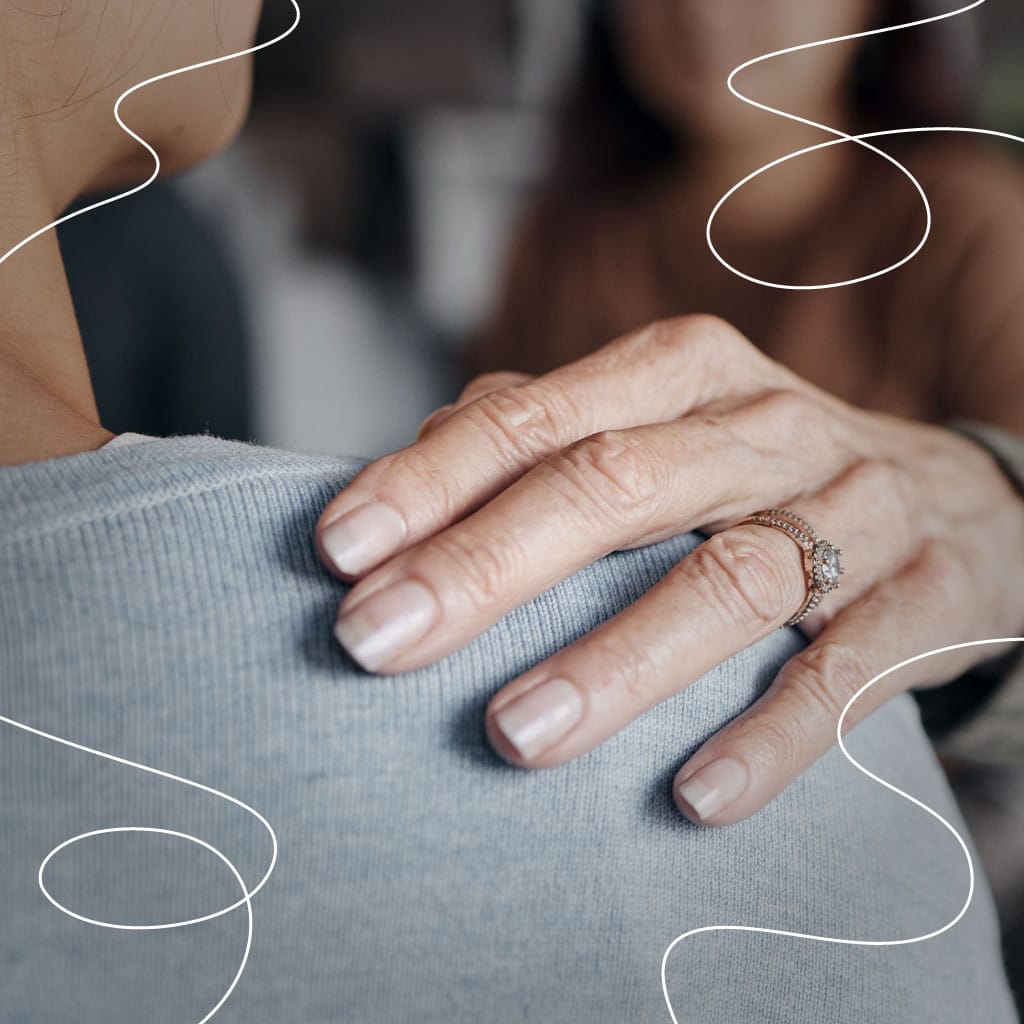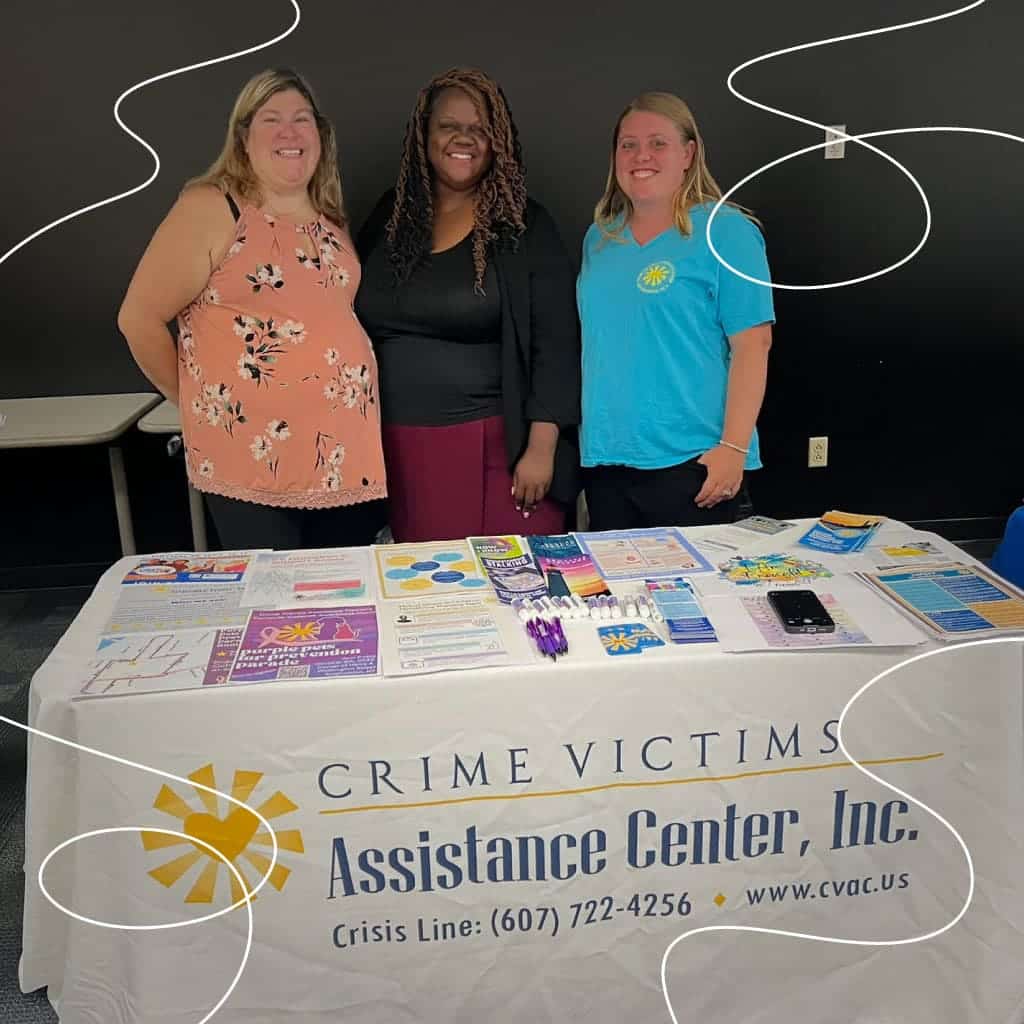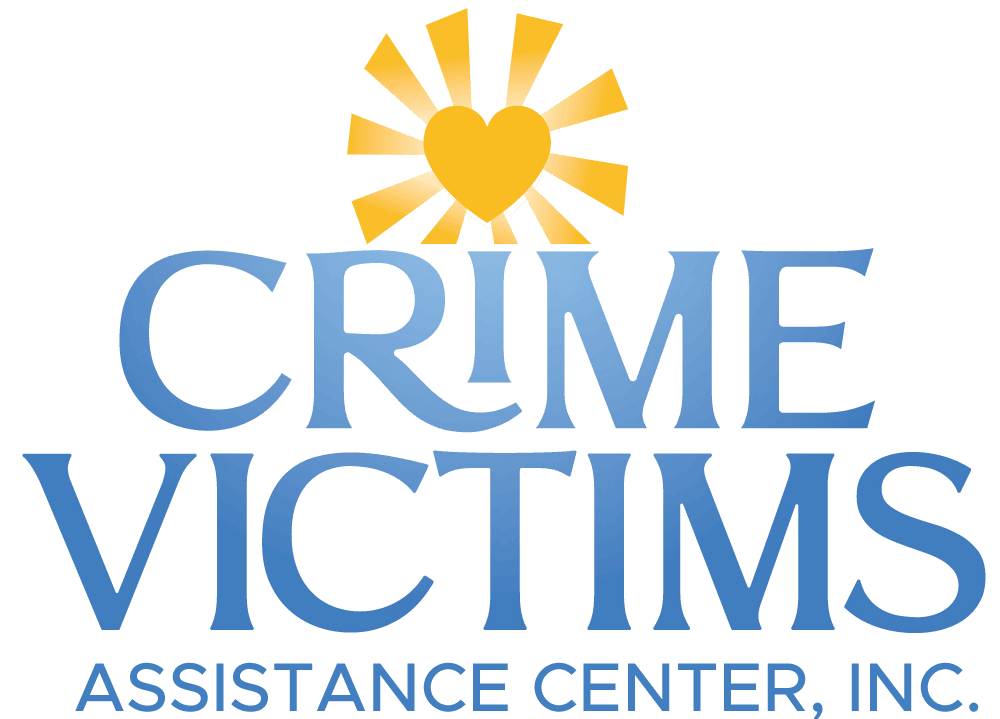More Resources

Victim Bill of Rights
Victim Bill of Rights
- The right to be reasonably protected from the accused.
- The right to reasonable, accurate, and timely notice of any public court proceeding, or any parole proceeding, involving the crime or of any release or escape of the accused.
- The right not to be excluded from any such public court proceeding, unless the court, after receiving clear and convincing evidence, determines that testimony by the victim would be materially altered if the victim heard other testimony at that proceeding.
- The right to be reasonably heard at any public proceeding in the district court involving release, plea, sentencing, or any parole proceeding.
- The reasonable right to confer with the attorney for the Government in the case.
- The right to full and timely restitution as provided in law.
- The right to proceedings free from unreasonable delay.
- The right to be treated with fairness and with respect for the victim’s dignity and privacy.
- The right to be informed in a timely manner of any plea bargain or deferred prosecution agreement.
- Right to certain kinds of compensation and assistance
- Right to be notified of judicial proceedings
- Right to be free from intimidation
- Right to submit victim impact statement
- Right to restitution (lost wages, etc.)
- Right to copy of police report after investigation (w/out fee)
- Right to prompt return of property after investigation
- Right to have time off from work to attend court, meetings with DA, family court
- Right to have an advocate present
- Right to have government agencies work together to minimize the number of times a child is interviewed
- Right to a speedy trial
- In certain cases, right to testify via video tape or two-way CCTV
- Right to have a support person accessible to victim during testifying
- Right to a family advocate
- Right to certain kinds of compensation and assistance
- Right to be notified of judicial proceedings
- Right to be free from intimidation
- Right to submit victim impact statement
- Right to restitution (lost wages, etc.)
- Right to copy of police report after investigation (w/out fee)
- Right to prompt return of property after investigation
- Right to have time off from work to attend court, meetings with DA, family court
- Right to have an advocate present
General Rights
- You cannot be treated differently based on certain characteristics, such as race, national origin, religion, sexual orientation, disability, age, source of payment, sex, gender identity, or gender expression.
- Your immigration status or national origin cannot affect your emergency care or services. You can ask for an interpreter if it is hard for you to understand or speak English.
- Minors under the age of 17 have certain rights to make their own decisions without a parent or legal guardian.
Hospital Emergency Department Rights
- You can have an advocate from the local rape crisis program stay with you during the exam.
- You can have an exam in any hospital emergency department to collect evidence and provide certain medical care related to the sexual assault at no cost to you. If you do not have health insurance, or you decline to use your health insurance, you can ask the hospital to bill the Office of Victim Services.
- You can have medicine to prevent pregnancy and sexually transmitted infections (STIs, also known as STDs) forfree. For HIV prevention, a 7-day pack of medicine can be started at the hospital.
- You will be provided information on appropriate follow-up medical care.
Law Enforcement Rights
- You can choose to report to the police or not.
- You can choose to have or not have an advocate from the local rape crisis program stay with you during your interview with the police or prosecutor.
- You will be given contact information for the police or prosecutor handling your case.
- You can contact the police or prosecutor for information on the criminal investigation or legal proceedings. The police or prosecutor will inform you of any legal action related to your case.
- If you choose to report to the police, your evidence will be tested within 100 days. You may contact the police for information on a DNA match.
- If you choose not to report to the police, your evidence will be stored for 20 years, or until you decide to release it. You will be notified if your evidence is moved and before the storage period ends.
Program Registration
Driving While Intoxicated (DWI) Panel Registration
Domestic Violence (DV) Panel Registration
Men’s Domestic Violence Offender Accountability Program
Program Registration
Driving While Intoxicated (DWI) Panel Registration
Domestic Violence (DV) Panel Registration
Men’s Domestic Violence Offender Accountability Program
Contact Resources
Contact Resources
For any local available resource including but not limited to Women, infants and children (WIC), Food and food stamps, Homeless shelters, Substance abuse, Prenatal care, Help with housing assistance, Help with utilities.
- National Suicide Prevention Lifeline: 1 (800) 273-8255
- National Mental Health Hotline: (866) 903-3787
- The Mental Health Association of the Southern Tier (Mobile Crisis Unit): (607) 771-8888
- RISE
- National Domestic Violence Hotline: 1 (800) 799-SAFE (7233)
- Addiction Center of Broome County: (607) 723-7308
- TDC Substance Abuse Treatment: (866) 513-1374
- Drug Rehab Binghamton: (607) 218-5833
View a list of various helpful outside CVAC organizations here.



